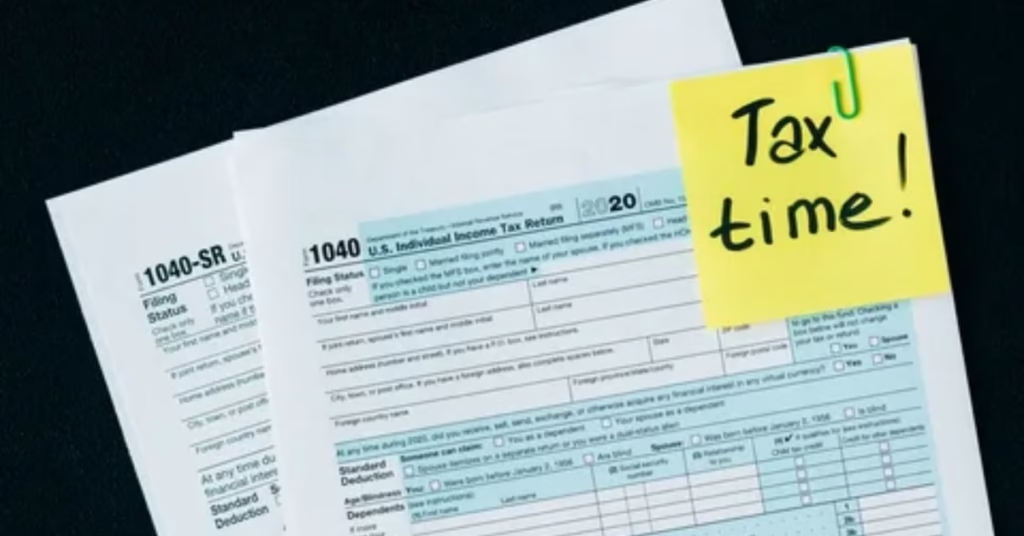Introduction
If you’re using FanDuel for daily fantasy sports, sports betting, or casino games, you’ve probably wondered: Do I need to pay taxes on my winnings? The short answer is yes. Gambling winnings, whether earned through online platforms like FanDuel or at a traditional casino, are considered taxable income by the Internal Revenue Service (IRS).
Understanding how FanDuel handles taxes, what forms you might receive, and how to correctly report your winnings can save you from unexpected penalties, interest charges, or even an IRS audit. This guide covers everything from tax withholding to deductions, giving sports bettors a step-by-step roadmap to stay compliant while maximizing their returns.
How FanDuel Handles Taxation of Winnings
When FanDuel Withholds Taxes
FanDuel, as a licensed gambling operator in the U.S., follows IRS guidelines. If your winnings exceed certain thresholds, FanDuel is legally required to withhold federal income tax before you receive your payout.
For example:
- If you win more than $5,000 in a single sports betting or fantasy contest, FanDuel typically withholds 24% federal tax automatically.
- If your winnings are smaller, FanDuel usually does not withhold taxes, but you are still required to report them when you file your tax return.
Threshold Amounts That Trigger Reporting
The IRS requires gambling operators like FanDuel to report winnings when they cross specific limits:
- $600+ in daily fantasy sports winnings (if the payout is at least 300 times your entry fee).
- $1,200+ from slot machines or bingo.
- $1,500+ from keno.
- $5,000+ from poker tournaments.
Even if you win less than these amounts, legally you must still report all gambling income.
State vs. Federal Tax Considerations
While federal tax laws apply nationwide, state tax rules differ.
- States like New York, New Jersey, and Pennsylvania also tax gambling winnings.
- Some states (like Florida or Texas) do not impose state income tax, so you only pay federal taxes.
If you move or play across state lines, check both your home state’s rules and the state where the bet was placed.
Tax Forms You’ll Receive from FanDuel
W-2G Form: When You’ll Receive It and What It Means
If your winnings cross IRS reporting thresholds, FanDuel will send you a Form W-2G. This form details the amount you won and any taxes withheld. A copy is also sent directly to the IRS, so you cannot ignore it when filing taxes.
1099 Forms: Different Types and What They Report
Apart from W-2G, some users may receive a 1099-MISC or 1099-K form:
- 1099-MISC: Reports other income like bonuses, referral rewards, or promotions if they total $600 or more.
- 1099-K: Reports transactions processed through third-party payment processors (though this threshold has been changing—recent IRS updates lowered it in some cases).

What to Do If You Don’t Receive Expected Forms
Not receiving a tax form doesn’t mean you’re off the hook. All winnings, no matter how small, are considered taxable. If you didn’t receive a form but earned gambling income, you still need to report it. Keep screenshots, bank statements, and FanDuel account records as proof.
Calculating Taxes on Your FanDuel Winnings
Federal Tax Obligations
The IRS taxes gambling winnings as ordinary income. This means your total tax liability depends on your tax bracket:
- If you’re in the 22% bracket, your FanDuel winnings are taxed at that rate.
- If FanDuel already withheld 24%, you may get a small refund or owe slightly more depending on your final return.

State Tax Considerations
States with income tax require you to include gambling winnings as part of your state return. For example:
- New York State taxes gambling winnings at rates up to 10.9%.
- Pennsylvania applies a 3.07% flat rate.
- States like Nevada or Florida have no income tax, so only federal tax applies.
Reporting FanDuel Winnings on Your Tax Return
Step-by-Step Guide to Reporting
- Gather your forms: W-2G, 1099-MISC, 1099-K, and personal records.
- Enter winnings on your 1040: Report gambling income under “Other Income.”
- Add withholdings: If FanDuel withheld taxes, include them as federal income tax paid.
- Account for state taxes: If applicable, report your winnings on your state return.
Documenting Your Winnings and Losses
Keep detailed records, including:
- Date and type of bet.
- Entry fees or wagers.
- Winnings and payouts.
- Receipts, screenshots, or transaction confirmations.
This documentation is essential if you plan to deduct losses or if the IRS questions your return.
Common Mistakes to Avoid
- Reporting only the net winnings (you must report total winnings, not just profit).
- Ignoring small winnings (all amounts are taxable).
- Forgetting to track losses separately (losses cannot simply offset winnings automatically).
Can You Deduct Losses Against Your FanDuel Winnings?
IRS Rules on Gambling Losses
Yes, you can deduct gambling losses, but only if you itemize deductions on your tax return. Losses can only offset winnings—they cannot exceed them.
Example:
- Winnings: $10,000
- Losses: $6,000
- You only pay tax on $4,000 net income.
Record-Keeping Requirements
To claim losses, you need proof such as:
- FanDuel transaction history.
- Bank statements showing deposits and withdrawals.
- Betting slips or screenshots.
Limitations on Deductions
- You cannot deduct more than you won.
- Losses are only deductible if you file Schedule A (Itemized Deductions).
- Standard deduction filers cannot claim gambling losses.
FAQ
1. Do you have to pay taxes on FanDuel winnings if you don’t withdraw?
Yes. The IRS considers gambling income taxable when it’s earned, not when withdrawn. If your account balance increases due to winnings, it’s taxable—even if you leave it in FanDuel.
2. Is $600 in gambling winnings taxable?
Yes. All gambling winnings, even under $600, are taxable. However, FanDuel may not send a W-2G unless you cross certain thresholds.
3. Does FanDuel report to the IRS?
Yes. When your winnings meet IRS thresholds, FanDuel reports them directly to the IRS using Form W-2G or 1099.
4. How much are FanDuel winnings taxed?
At the federal level, FanDuel withholds 24% for large wins, but your actual tax rate depends on your income bracket. State taxes may add anywhere from 3% to 10% depending on where you live.
Conclusion
FanDuel winnings are taxable, whether big or small. From W-2G and 1099 forms to federal and state reporting, understanding your obligations helps you stay compliant and avoid penalties. Always report your winnings, keep meticulous records of both wins and losses, and consider working with a tax professional if your gambling activity is significant.
While paying taxes on your hard-earned wins may not be fun, it ensures peace of mind—and allows you to keep enjoying FanDuel without worrying about the IRS knocking at your door. For more tech tips and app reviews, check out Fletchapp.com to stay ahead in the world of technology!Follow us on Instagram and Twitter/X!







